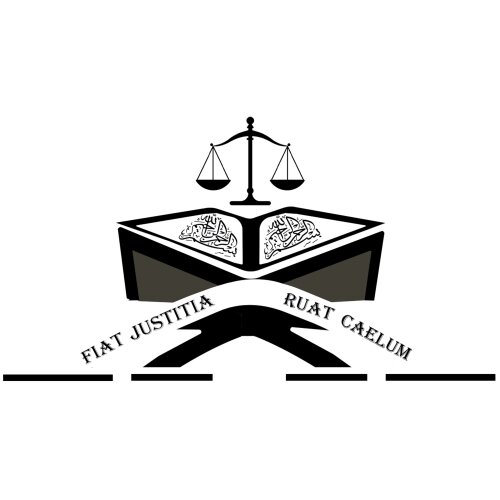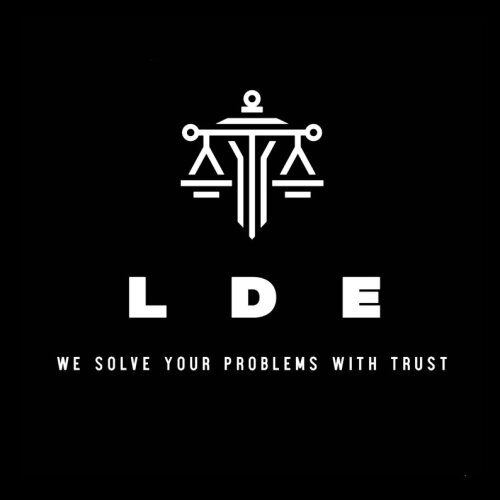Best Constitutional Law Lawyers in Islamabad
Share your needs with us, get contacted by law firms.
Free. Takes 2 min.
List of the best lawyers in Islamabad, Pakistan
About Constitutional Law in Islamabad, Pakistan
Constitutional Law in Islamabad, the capital of Pakistan, is a body of law which defines the role, powers, and structure of different entities within a state, namely, the executive, the parliament, and the judiciary, as well as the basic rights of citizens. It is established by the constitution of the Islamic Republic of Pakistan which serves as the supreme law of the land. Constitutional Law in Islamabad is set within the context of Pakistan's complex political, social, and legal structures.
Why You May Need a Lawyer
There are numerous situations where individuals or entities may require legal assistance in the field of Constitutional Law. These include cases related to abuse of power, infringement of fundamental rights such as freedom of speech and fair trial, actions related to citizenship, legal disputes between different branches of government, questions of Constitutional interpretation and applicability, and many more. A lawyer specialized in Constitutional Law can navigate the complexities of the legal system to defend your rights, provide informed advice, represent you in court, and ensure legal compliance.
Local Laws Overview
Constitutional Law in Islamabad is primarily governed by the Constitution of Pakistan, 1973. It outlines the fundamental rights of citizens, directives of state policy, and the distribution of powers between federal and provincial governments. Key features include a parliamentary system, bicameral legislature, a formal set of rights for individuals, and an independent judiciary. The constitution also contains provisions for the Islamic way of life, reflecting the country’s identity as an Islamic republic. Local laws and customs can also influence the application of Constitutional Law.
Frequently Asked Questions
What is the highest law in Islamabad, Pakistan?
The highest law in Islamabad, as well as the rest of Pakistan, is the Constitution of Pakistan, 1973.
Which court in Islamabad handles cases pertaining to Constitutional Law?
The Supreme Court of Pakistan, located in Islamabad, is the highest judicial authority responsible for interpreting the constitution and adjudicating constitutional disputes.
What are the fundamental rights protected by the constitution?
The constitution protects rights such as the right to equality, freedom of speech, freedom of assembly, right to fair trial, and freedom of religion among others.
What is the role of the judiciary in Islamabad?
The judiciary, led by the Supreme Court, interprets the constitution, adjudicates legal disputes and ensures the application of the rule of law. It also has the power of judicial review to check the constitutionality of laws and governmental actions.
Can Constitutional Law be changed?
Yes, the Constitution can be amended by the parliament though it requires a two-thirds majority in both houses. However, the basic structure of the constitution is widely believed to be unalterable.
Additional Resources
For further understanding and assistance related to Constitutional Law in Islamabad, you may consult the Law and Justice Commission of Pakistan, Pakistan Bar Council and resource websites like the Legal Services Islamabad. National Law University in Islamabad also provides valuable resources and legal assistance.
Next Steps
If you need legal assistance in Constitutional Law, consider hiring a lawyer who specializes in this field. Look for reputable law firms in Islamabad, or request referrals from trusted contacts. Prioritize lawyers who have a good understanding of the local legal environment and can demonstrate relevant experience. It may also be beneficial to conduct an initial consultation to assess whether the lawyer can meet your needs.
Lawzana helps you find the best lawyers and law firms in Islamabad through a curated and pre-screened list of qualified legal professionals. Our platform offers rankings and detailed profiles of attorneys and law firms, allowing you to compare based on practice areas, including Constitutional Law, experience, and client feedback.
Each profile includes a description of the firm's areas of practice, client reviews, team members and partners, year of establishment, spoken languages, office locations, contact information, social media presence, and any published articles or resources. Most firms on our platform speak English and are experienced in both local and international legal matters.
Get a quote from top-rated law firms in Islamabad, Pakistan — quickly, securely, and without unnecessary hassle.
Disclaimer:
The information provided on this page is for general informational purposes only and does not constitute legal advice. While we strive to ensure the accuracy and relevance of the content, legal information may change over time, and interpretations of the law can vary. You should always consult with a qualified legal professional for advice specific to your situation.
We disclaim all liability for actions taken or not taken based on the content of this page. If you believe any information is incorrect or outdated, please contact us, and we will review and update it where appropriate.

















